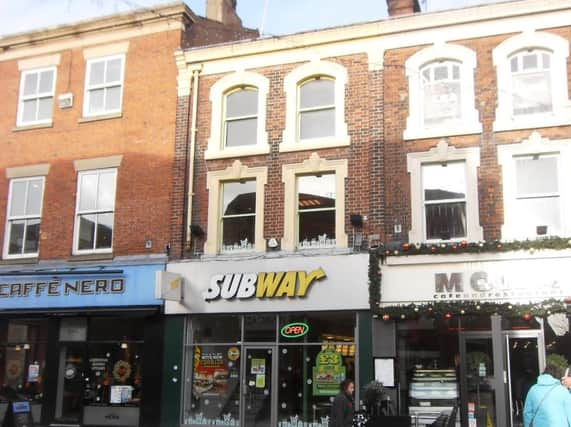Preston teen poisoned his employer’s bottle of beer in ‘youthful prank’


An 18-year-old, William Walmsley, a light porter, appeared at the Preston Police Court in early February 1882 accused of attempting to poison his employer, Mr Edward Harrison, grocer, of 90 Fishergate.
It was claimed that Walmsley, who had been employed about nine months, had the previous day placed oxalic acid in a bottle of beer. At noon that day the wife of the complainant had sent the prisoner to fetch some beer for dinner. When Walmsley returned, Mr. Harrison poured out a glass of beer, and upon drinking some of it found that it tasted not as beer should.
Advertisement
Hide AdAdvertisement
Hide AdHe at once took the beer back to the seller Richard France, who on examining it discovered sediment at the bottom of the bottle. He then took the bottle to Mr. Simpson, chemist, who informed him that it was oxalic acid. From inquiries made, it was found that Walmsley had been to the chemist’s Fishergate shop prior to buying the beer, purchasing a pennyworth of oxalic acid that was labeled by law as poisonous. This not being unusual, as he had on a number of occasions purchased oxalic acid for the purpose of cleaning brass plates for his master.
When the police visited the Fishergate store they found upon the sideboard in the back parlour traces of oxalic acid. After considering the evidence magistrate Moses Savery Maynard agreed with a police request to detain the accused, allowing a week for further investigation. On the following Thursday the evidence was reviewed and it was decided that the accused must be sent to the next available Assizes for trial.
When Walmsley appeared before Mr Justice Matthews, at the Manchester Spring Assizes in late April 1882, the two months in custody seemed to have taken their toll, because he did not look as robust and healthy as before his ordeal began. Once again he pleaded not guilty and Mr. Blair, who prosecuted, brought a number of witnesses to court to relate the alleged crime.
Mr. Harrison was asked what effect the drinking of the beer had upon him. It appeared that it had little effect on his well being, apart from a dryness in the throat and mouth that was cured by medicine from Dr. Brown. Detective Gardner was called and repeated the prisoner’s remarks when accused of putting the oxalic acid in the beer, the youth simply saying “I didn’t put it in, sir.”
Advertisement
Hide AdAdvertisement
Hide AdOnly Mrs. Hughes, his grandmother, spoke on behalf of the prisoner. And she remarked that nobody had come forward to say that they had seen the accused put the crystals into the bottle. She also spoke of the lack of motive to carry out such a deed by a youth who appeared to be happily employed.
His Lordship then summed up the case and remarked that after hearing the doctor’s evidence no actual physical harm had befallen the alleged victim. And he told the jury to consider the evidence carefully, particularly the lack of motive.
After a lengthy deliberation the jury informed His Lordship that they all agreed that the prisoner had put the oxalic acid in the bottle, but that he did so without any malicious intention – it being no more than a youthful prank designed to make the beer distasteful.
Justice Matthews then told them that such a verdict was tantamount to not guilty, and they accordingly returned a verdict to that effect. The ordeal of the young porter was over and he was set at liberty.